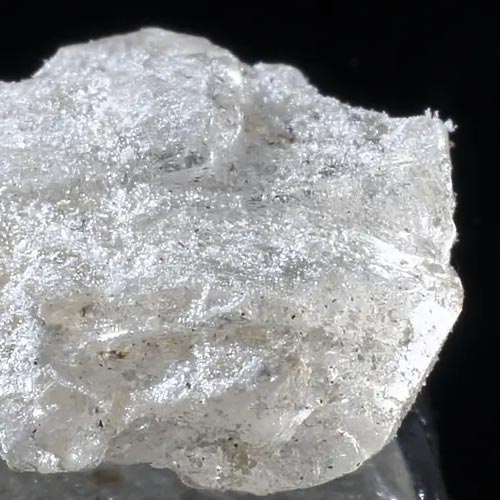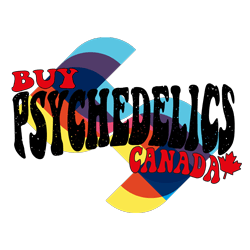Psychedelics, MDMA
Treating PTSD with Ecstasy
Defining PTSD
PTSD, which is an acronym for Post Traumatic Stress Disorder, is a mental disorder that is triggered by past traumatic events that an individual has experienced. For people that suffer from PTSD, the main symptom is the recurring images or flashbacks from the traumatic event. Due to the distress and trauma caused by these flashbacks, individuals suffering from PTSD tend to avoid certain people, places, or activities that might remind them of these traumatic incidents. Having PTSD for long periods could trigger other mental health issues such as anxiety, depression, and irritability. Experts have confirmed that PTSD patients are at risk of self-harm and suicide, as well as other self-destructive damages.
Records from a governmental agency on mental health show that about 8 million adults in the US are expected to have PTSD in a year. More than the patients, people are PTSD patients such as parents, friends, spouses, children, colleagues, and society at large are also affected by the mental health issue. The most susceptible to PTSD are the war veterans and victims of physical, emotional, and natural disasters.
As PTSD is a serious health issue, one would expect that the treatment options available are effective and capable of curing the problem. However, the reverse is the case. The available treatment options are not only ineffectual but are also deemed dangerous by some mental health professionals. In a recent study to review some experiments, it was discovered that benzodiazepines, the popular drug used to treat PTSD, do not affect a change or reduction in symptoms. Instead, these studies showed that the drug seemed to exacerbate the symptoms. More importantly, many patients battling the mental disorder refuse to seek help due to the stigma attached to the condition.
In summary, it is clear that PTSD is a serious health issue that affects society, and we need an effective treatment option for it.

MDMA to the Rescue
The stigma associated with PTSD does not only affect the patients; it could also stop them from getting one of the most effective treatment options for PTSD. This treatment option is the use of MDMA.
MDMA is a chemical substance that was made in the early part of the 20th century. However, since its synthesis, it has been a very important tool in the hands of psychotherapists, especially between the 1970s and 1980s. Due to its efficacy in reducing anxiety, the use of MDMA spread among mental health experts and psychotherapy patients. However, the substance found its way into the streets, and drug law enforcement had to step in to regulate its use. MDMA was made illegal in 1985 and classified as a Schedule 1 drug in the same year.
Despite this ban, many experts still believe that MDMA holds the key to the effective treatment of PTSD. A recent study was conducted by the Multidisciplinary Association for Psychedelic Studies, MAPS. This study involved 20 PTSD patients who failed to respond favorably to conventional treatment options. At the start of the study, twelve participants were given MDMA, and the remaining eight were given a placebo. Medical practitioners supervised the procedure, and psychotherapists conducted the therapy session as part of the study.
After the therapy sessions, the change in PTSD symptoms was measured, and the difference between participants that used MDMA and those that used placebo was huge. Two out of the eight people that used placebo responded favorably to the therapy session making a 25% response rate. For the group that used MDMA, 10 out of 12 people responded favorably to therapy, and this constituted an 83% response rate. By the end of the study, nearly all of the people who used MDMA did not meet the criteria for a PTSD patient anymore, meaning that their symptoms had reduced greatly.
The study also further stated that no adverse side effect was recorded in those who used MDMA during the study. Finally, a follow-up study on the participants showed that 74% of the MDMA group with reduced PTSD symptoms went on to live PTSD-free for years after the study.
New Treatment Options for PTSD
With the results from this study, it is clear that there is hope for PTSD patients and the mental health community concerning the use of MDMA for treating PTSD. People have very little faith in conventional drugs as they are deemed ineffectual or dangerous. The ones that are effective show only a glimpse. Research showed that drugs such as Zoloft and Paxil only effect a 20% success rate in PTSD patients. This means that talk therapy is more effective than these drugs. The problem with talk therapy is that its success depends on the consistent attendance of the patient, which is another problem as PTSD patients are usually not very forthcoming in seeking help.
While the study by MAPS shows a hopeful future, much work still needs to be done. The study only used a small sample. There is a need to use a larger sample if the medical community accepts MDMA as an effective treatment option for PTSD. Apart from this, there is still the problem with the legal authorities and drug law enforcement. According to the DEA, Schedule 1 drugs are those with a high risk of abuse, with no current use in medicine, and come with a significant health risk when used. This means that the DEA would need to remove MDMA from the list of Schedule 1 drugs if it is to work as a PTSD treatment option.
However, there seems to be some progress in this regard, as the FDA recently approved a series of clinical trials for using MDMA in therapy. The results of these clinical tests led the FDA to get MDMA a Breakthrough Therapy status. This means that MDMA is on its way to being an acceptable therapeutic drug for treating PTSD.
Conclusion
Buy Psychedelic Canada is a leading psychedelic brand devoted to the manufacture and sale of high quality psychedelics. Our products work for both recreational and therapeutic purpose. The reviews and testimonials from our customers speaks to the safety, quality and efficacy of our products. Check out our catalogue today to get the best magic mushrooms and psychedelics.

